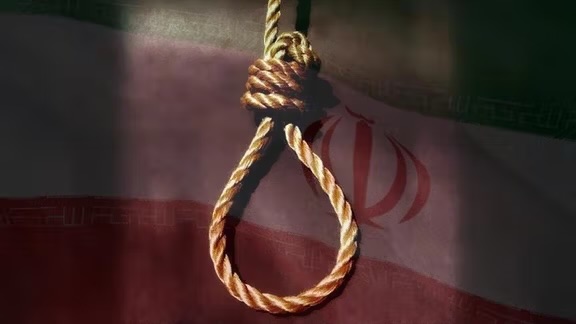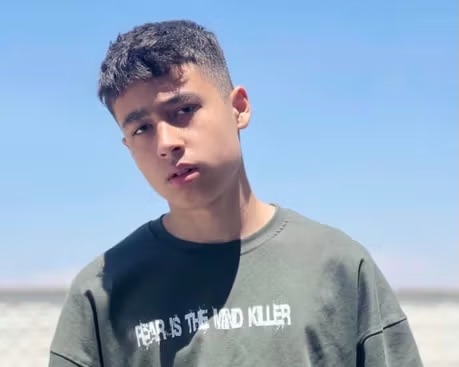
Twenty-six members of the Baháʼí community in Shiraz are set to face a new trial on June 30, nearly a decade after being acquitted in a case that was previously closed with a final verdict of innocence.
This renewed prosecution comes after the former head of the judiciary in Fars Province filed an objection, which was accepted by Iran’s Supreme Court. In recent days, several of the defendants have received individual summons to appear before Branch 2 of the Fars Province Court of Appeals.
A source familiar with the case revealed that, despite the original acquittal being upheld during the appeals process nearly ten years ago, the file has now been re-opened for a fresh ruling. The source explained that after the acquittal, the head of Shiraz’s Revolutionary Court, Seyed Mahmoud Sadati, reportedly questioned how Tehran judges could issue a verdict contrary to his own and encouraged then-Chief Justice of Fars, Seyed Kazem Mousavi, to formally object.
Following this advice, Mousavi filed a complaint which was accepted by the First Branch of the Supreme Court, prompting the case to be reopened.
The 26 Baháʼís facing retrial are: Esmaeil Rousta, Bahareh Norouzi, Behnam Azizpour, Parisa Rouhizadehkan, Samereh Ashnaei, Ramin Shirvani, Rezvan Yazdani, Soroush Ighani Soghadi, Saeed Hasani, Shamim Akhlaqi, Shadi Sadegh Eghdam, Sahba Farahbakhsh, Sahba Moslehi, Ahdiyeh Enayati, Farbod Shadman, Farzad Shadman, Lala Salehi, Marjan Gholampour, Maryam Eslami Mehdiabadi, Mojgan Gholampour Saadi, Mahyar Seyfidi Miyandoab, Nabil Tahzib, Nasim Kashani Nejad, Noushin Zanehari, Varga Kavyani, and Yekta Fahandej Saadi.
Despite their earlier acquittal, the defendants and their legal representatives have reportedly faced repeated refusals when attempting to recover property documents that were confiscated as collateral or to lift travel bans imposed on them. Authorities frequently claimed the case file had been “lost.”
Eventually, it became clear that on May 17, the former Chief Justice of Fars had submitted a request to the Supreme Court under Article 477 of Iran’s Criminal Procedure Code. This article allows the head of the judiciary to demand a review of final court rulings if they are deemed contrary to Islamic law. Based on this legal provision, the retrial has now been ordered.


